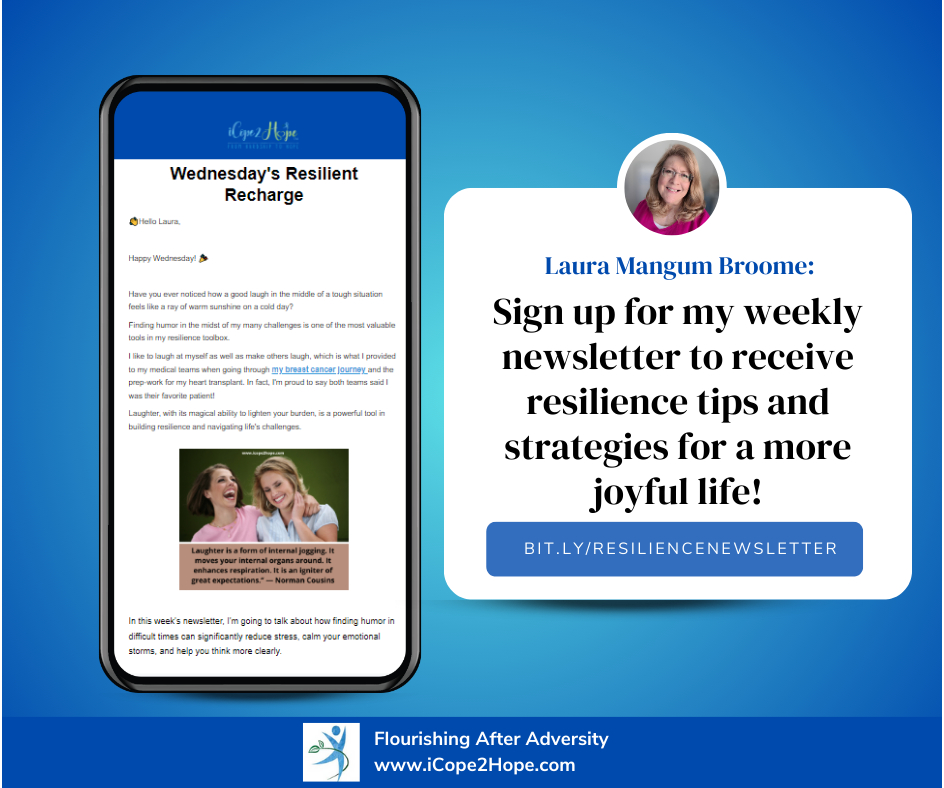Speak Up! Overcome the Taken-For-Granted Syndrome

Has someone in your life been consistently taking you for granted, disregarding your time, effort, and emotions?
Are you shying away from addressing this because you dread confrontations and the possible fallout? If so, you're not alone.
Today, we're going to explore how to assertively yet compassionately confront this issue head-on.
Elizabeth's Story
Allow me to share the tale of Elizabeth, a dedicated mother and career woman. Juggling the demands of a full-time job and raising two children, she has always made sure her family's needs were met.
Meanwhile, her husband, Peter, engrossed in his own high-pressure job, has grown accustomed to Elizabeth shouldering the bulk of their household responsibilities.
Often coming home to a clean house, cooked meals, and settled children, Peter barely acknowledges the considerable effort it takes to maintain this balance. This lack of recognition leaves Elizabeth feeling underappreciated and invisible.
Despite these feelings, Elizabeth avoids addressing the issue with Peter, worried it might spark an argument or create tension in their otherwise loving relationship.

Prepare to Have a Conversation
If you see elements of your own experience in Elizabeth's story, remember, it's crucial to communicate your feelings in an open, honest, and assertive manner. You have a right to feel appreciated and valued in your relationships.
Let's break down how to approach a person who continues to take you for granted:
- Identify the Issue: Recognize the specific actions that make you feel undervalued. It might be their lack of gratitude, time, or effort in your relationship. For Elizabeth, it was Peter's disregard of her efforts at home.
- Recognize Your Feelings: Acknowledge the impact these actions have on you. Are you feeling hurt, ignored, unappreciated? It's important to understand these feelings to communicate effectively.
- Plan Your Conversation: Before engaging, write down what you wish to express. Practice it out loud to familiarize yourself with the words and emotions attached to them.

Work Together to Resolve the Problem
Consistently being taken for granted can lead to feelings of resentment, diminished self-worth, and emotional exhaustion. For the person taking you for granted, it may indicate a lack of awareness, empathy, or understanding of your contributions.
This imbalance can cause strain in the relationship, impacting your overall wellbeing and personal growth. Therefore, addressing this issue is crucial for both parties involved.
Here are ways you can both work towards resolving the problem:
- Begin the Conversation: Start by expressing your feelings using "I" statements. "I feel unappreciated when…" instead of "You never appreciate…". This prevents the other person from feeling attacked, fostering a more open dialogue.
- Explain the Consequences: Discuss the impact of their actions on you, the relationship, and their personal growth.
- Suggest a Solution: Propose changes you'd like to see in their behavior. In Elizabeth's case, she might suggest that Peter acknowledges her efforts more often.
- Engage in Active Listening: Encourage them to share their feelings and perspectives. This promotes mutual understanding.
- Set Boundaries: Clarify what behavior you'll tolerate moving forward, reinforcing your self-respect.
- Follow Up: Regularly check in with each other to track progress and adjust accordingly.
Change doesn't happen overnight. It takes time, patience, and consistent effort.
Conclusion
Communication is the cornerstone of healthy relationships.
It is through open, honest, and assertive dialogue that we can address issues of being taken for granted, and thereby promote mutual respect and appreciation.
Don't let the fear of confrontation prevent you from experiencing the respect and appreciation you deserve.
Instead, embrace the power of assertive, compassionate communication to transform your relationships. The first step may be challenging, but remember, growth often comes from stepping out of our comfort zones and facing our fears head-on.
Resilience is not about enduring in silence; it's about standing up for your value and worth. So take that step today.
Need More Help?
If you're facing a situation similar to Elizabeth's and need guidance on how to navigate it, you are not alone.
I invite you to schedule a free 30-minute coaching call with me. Together, we can identify the best course of action, refine your communication skills, and guide you towards a more fulfilling relationship.
Grab Your Free Guide!
The Reframe the Spiral: 5 Coping Strategies to Shift Negative Thoughts & Reclaim Your Day workbook walks you step-by-step through 5 proven mindset strategies to help you stop negative thoughts in their tracks and reconnect to your strength. You'll learn how to:
- Stop letting your inner critic lead your day
- Discover clarity despite chaos
- Calm intense emotions
- Rebuild your self-trust and confidence
- Create a plan for real possibility
Stay connected with news and updates!
Join our mailing list to receive the latest tips and proven coping strategies to strengthen your resilience. You CAN turn obstacles into opportunities and flourish in life.
We hate SPAM. We will never sell your information, for any reason.



